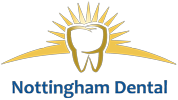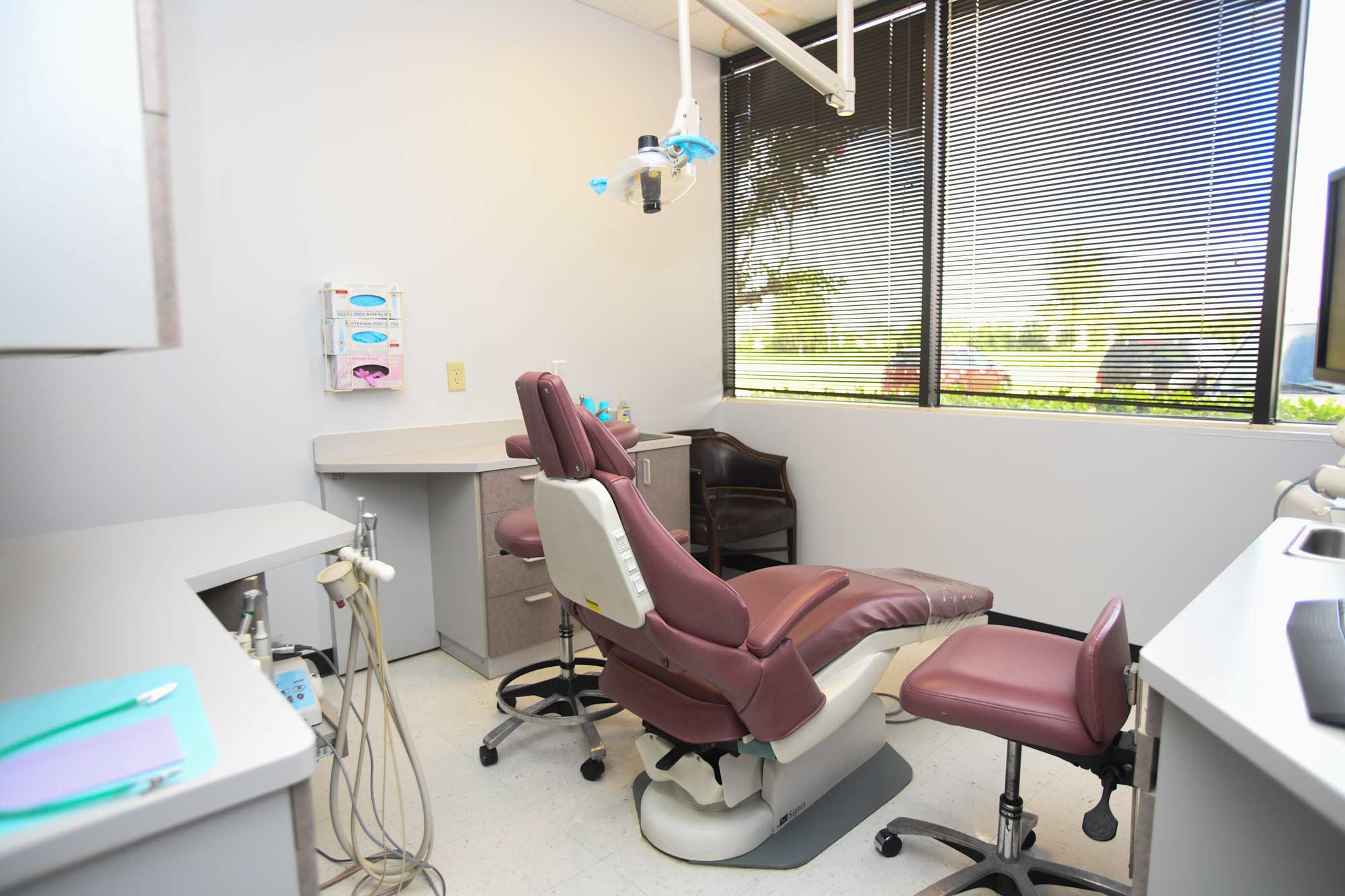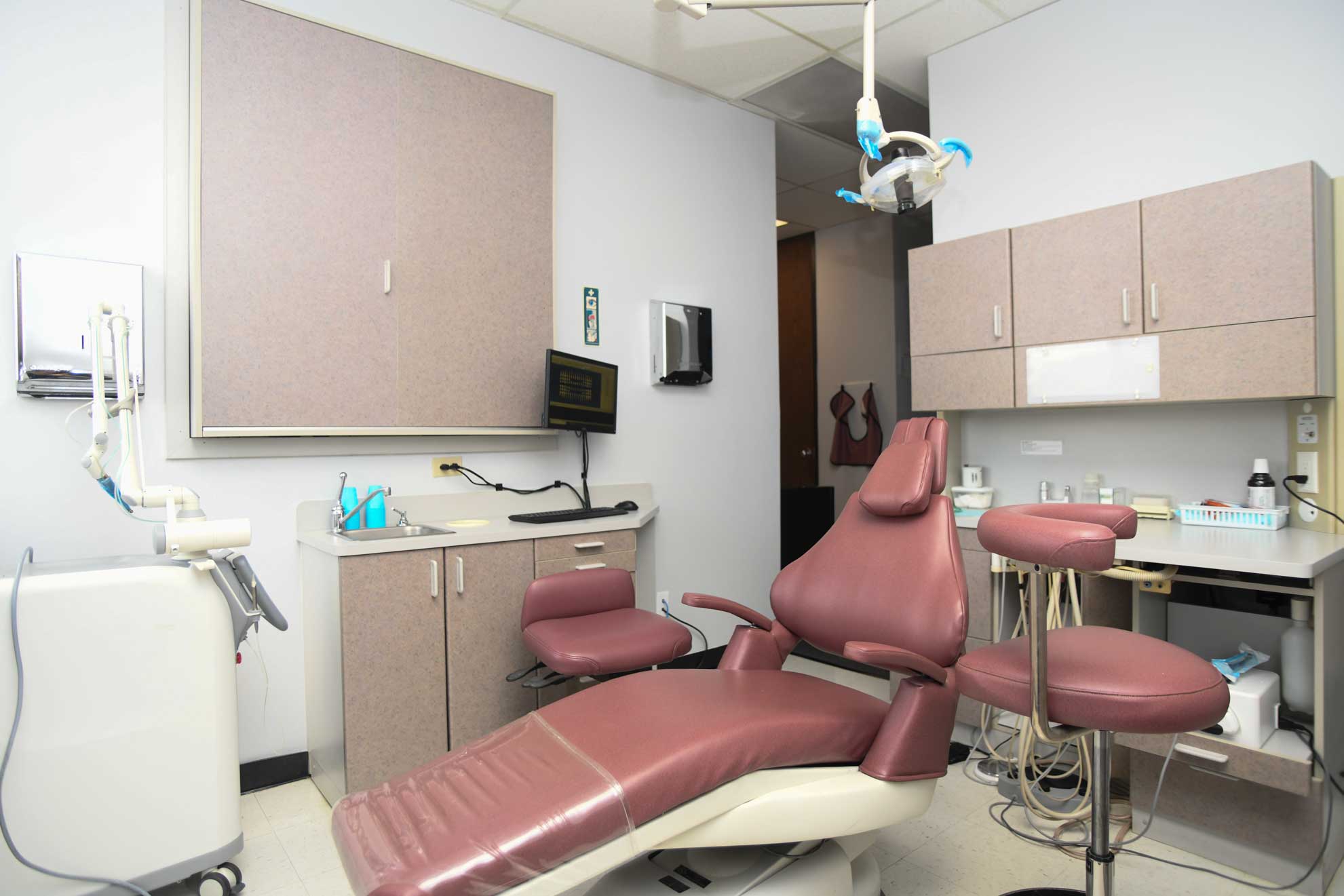Sleep apnea is generally caused by narrow dental arches or an underdeveloped jaw. At Nottingham Dental, we prefer to treat sleep apnea using a proprietary and nonsurgical treatment option called the Vivos system of oral appliances for sleep apnea.
The Vivos System is widely hailed as the biggest breakthrough in sleep apnea treatments since CPAP. It’s essentially an intraoral appliance, kind of like a retainer or a nightguard. As you wear this oral appliance for sleep apnea, it gradually applies pressure on your jawbones, moving it forward and outward. Over time, the Vivos oral appliance for sleep apnea lifts your soft tissues up off the throat, opening your upper airway. As such, the Vivos System of oral appliance helps you breathe comfortably, avoid snoring, and eventually treat sleep apnea.
While CPAPs help you breathe, they don’t necessarily cure you. Nottingham Dental’s Vivos treatment, in comparison, cures sleep apnea. You have to wear an oral appliance for sleep apnea in the evenings and while sleeping for 1 to 2 years. After that, once you’re cured, you no longer have to wear oral appliances or CPAP.
Our dental office also works with children. Sleep apnea in children can manifest in various ways, including ADD/ADHD, chronic allergies, night terrors, daytime drowsiness, snoring, restless sleep, irritability, swollen tonsils, dark circles, bedwetting, and more. Most people don’t connect these symptoms to sleep apnea even though they’re common symptoms of sleep disorders. At Nottingham Dental, we carefully assess your children and use orthodontic appliances to treat sleep disorder. The Vivos orthodontic appliance moves the jaws to facilitate optimal development of the oral cavity. As your child’s oral cavity and jaws develop, their airway also expands, allowing them to breathe easier, minimizing the risk of sleep apnea.
Vivos oral appliance for sleep apnea is primarily used to treat snoring, breathing ailments, and sleep apnea. However, the following is an overview of all the ways it can help you:
- Prevent snoring at night, which is especially beneficial for your sleep partners.
- They’re extremely comfortable and allow you to sleep peacefully, ensuring you’re not tired the next day.
- No more waking headaches or migraines.
- Treats severe teeth grinding and clenching.
- It helps children with ADD or ADHD.
- Issues like bedwetting, chronic allergies, frequent headaches, and night terrors can also be symptomatic of sleep apnea. If your child is suffering from any of these issues, contact Dr. Yan today for an evaluation..
- Treat cosmetic issues, such as underbite, weak chin, gummy smile, etc.
- Since the Vivos oral appliance gradually applies pressure on your jaws, it may also fix some cosmetic or orthodontic issues, such as straightening overcrowded teeth.



